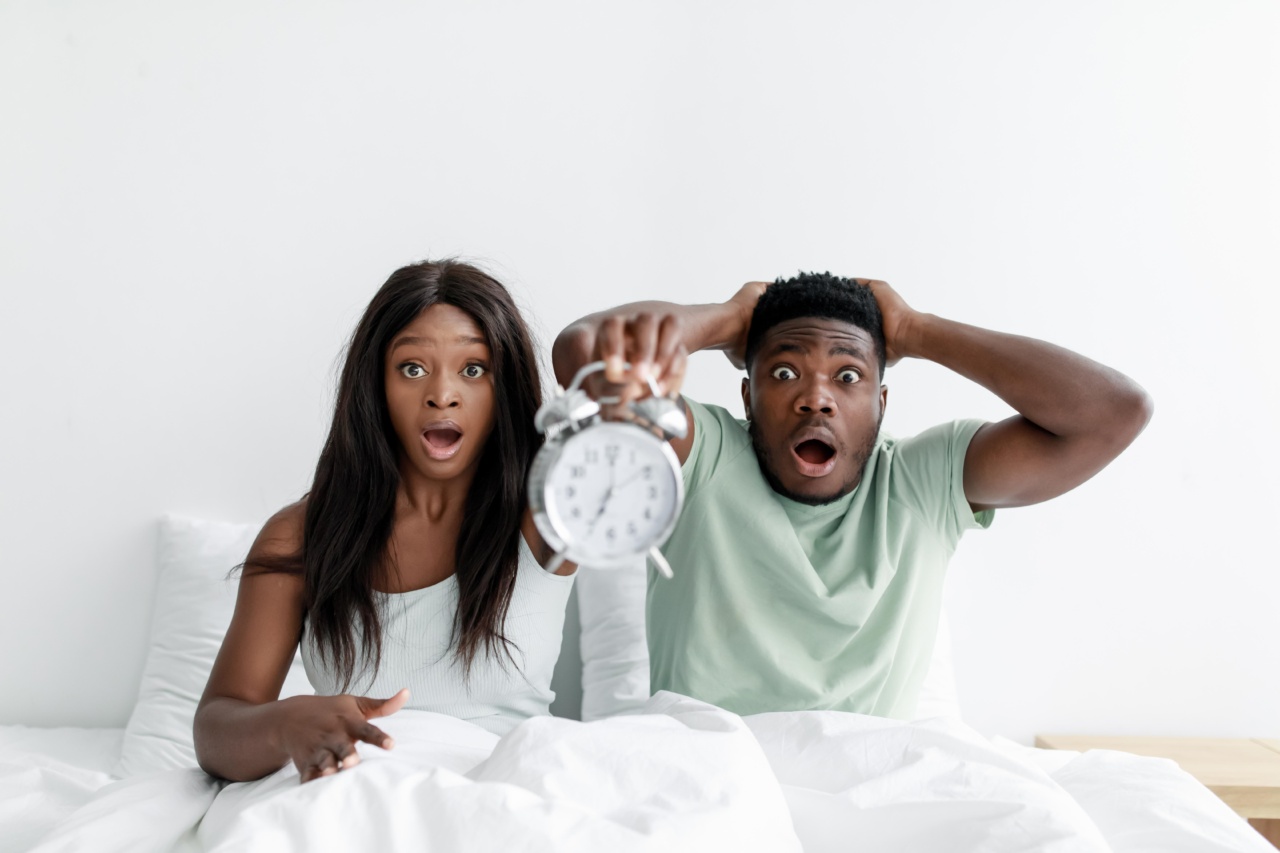Free time is a precious commodity in modern society. Work, family obligations, and the daily grind can leave very little time for leisure activities. We’ve been conditioned to believe that the more busy we are, the more productive we become.
But the surprising truth about free time is that it has a major impact on our wellbeing, creativity, and productivity. In fact, taking time to relax and enjoy our hobbies can have positive effects in almost every aspect of our lives.
The benefits of free time
While it’s easy to understand the benefits of free time from a relaxation standpoint, there are numerous other benefits as well. Consider the following:.
: Improved physical health
Regular exercise and activity are essential for maintaining good physical health.
Having free time to engage in exercise, sports, or even just a walk around the block can have significant health benefits, including increased cardiovascular health, weight loss, and improved mental health.
: Enhanced creativity
Personal and creative pursuits, such as painting, writing, or playing music, can help improve creativity and problem-solving skills.
These activities require focus, imagination, and the ability to tap into the creative centers of the brain, which can help improve overall cognitive abilities.
: Better mental health
Free time can help reduce stress, anxiety, and depression. Engaging in activities that bring joy and pleasure can increase feelings of happiness and satisfaction, and help promote positive mental health outcomes.
: Increased productivity
Research has shown that taking regular breaks from work can actually increase productivity in the long run. By allowing the brain to rest and recharge, we can come back to our work with renewed energy and focus, leading to better overall output.
The barriers to free time
Despite the many benefits of free time, many people find it difficult to actually take this time for themselves. There are several barriers that can prevent us from enjoying our leisure time:.
: Technological distraction
The rise of technology has made it more difficult to disconnect from work and obligations. Smartphones, tablets, and laptops allow us to be connected 24/7, making it harder to truly take time off and relax.
: Cultural pressure
Western society has placed a high value on productivity and efficiency, which can make it feel selfish or indulgent to take time off for personal pursuits.
Many people feel guilty for taking time off, or are afraid of being judged by others for not being busy all the time.
: Financial limitations
For some people, financial limitations can make it difficult to engage in leisure activities. Things like sports equipment, classes, or travel may be prohibitively expensive, making it difficult to find affordable ways to enjoy free time.
Making the most of free time
Despite these barriers, there are ways to make the most of the free time we do have. Consider the following strategies:.
: Set aside dedicated time
Make a conscious effort to set aside dedicated time for leisure activities. This could be as simple as scheduling a weekly game night with friends or carving out an hour each day for exercise.
: Turn off technology
One of the biggest barriers to free time is technological distraction. Try turning off your phone and computer for a few hours each day to truly unplug and enjoy your leisure time.
: Be mindful of cultural pressure
It’s important to be mindful of cultural pressure to be busy all the time. Remember that taking free time for personal pursuits is not selfish or indulgent – it’s an essential part of maintaining good mental and physical health.
: Get creative with finances
If finances are an issue, look for creative ways to enjoy leisure activities. This could mean finding free or low-cost events in your area, or pooling resources with friends to share equipment or travel costs.
Conclusion
The surprising truth about free time is that it’s essential for good health and wellbeing.
By making a conscious effort to set aside time for personal pursuits, we can reap the many benefits of leisure time and improve our overall quality of life.






























